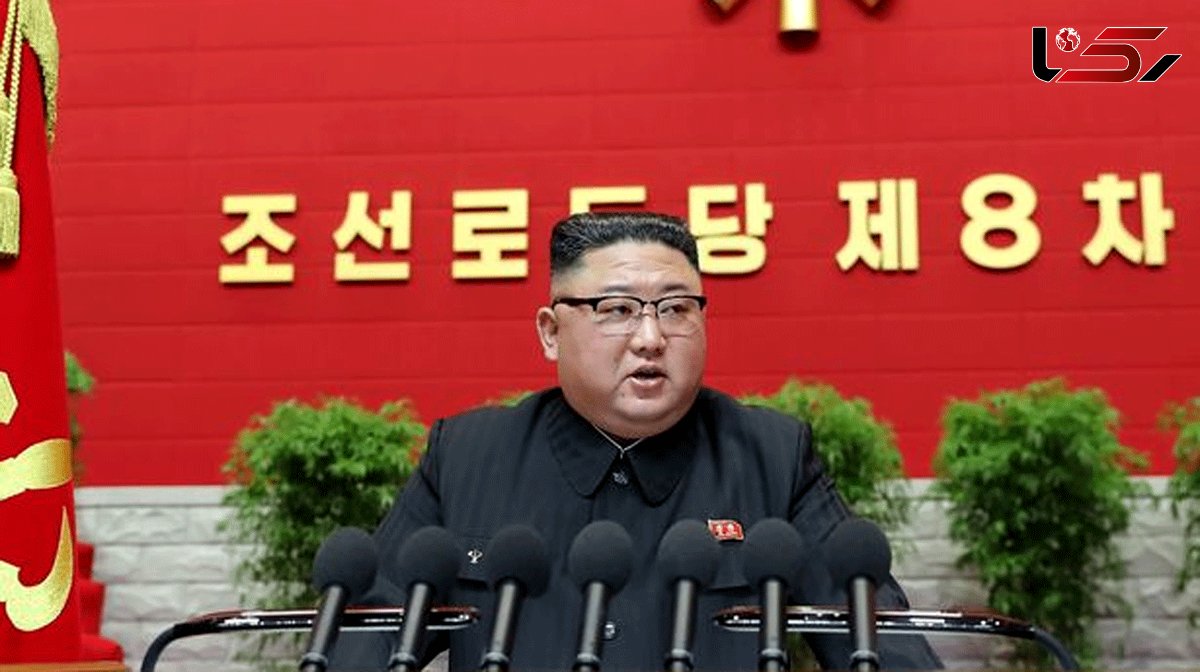North Koreans using text slang like 'bye-bye' face gulag in bizarre new crackdown
Rokna: The secretive state of North Korea adopted the new measures after fears that its teenage citizens were growing too comfortable with words popular in neighbouring South Korea

North Koreans are facing the gulag for using slang words like 'bye-bye' and 'ty' after Kim Jong-un unleashed a bizarre new crackdown on 'perverted' language.
The secretive state adopted the new measures in December, fearing that its teenage citizens were growing too comfortable with words popular in neighbouring South Korea.
Now the authorities will reportedly inspect citizens’ phones, hunting for any use of banned expressions in private messages.
Those caught will be suspected of flouting the ban on South Korean TV and could face the gulag.
Talking to Rimjingang, a Japan-based magazine focused on the dictatorship, one North Korean parent revealed the sort of harmless slang that could land kids in hot water.
“It has been a while since South Korean dramas first came to North Korea, right
“Since cell phones have become common recently, young people are using South Korean phrases in their text messages.
“For example, almost all young people are using ‘saranghaeyeong’ (I love you), ‘chal-ka’ (see you), ‘bye-bye,’ and ‘ty’ (the English abbreviation for thank you) in their texts.
“If there are any expressions in the text messages that are not used in North Korea, the owner of the device will be suspected of watching South Korean dramas and interrogated.
“Inspectors also check the text messages for any rumours or complaints about difficulties due to the Covid-19 pandemic.
“However, students and young people are clever, so they are very careful to delete their text messages as soon as possible after sending them.”
A three-page document marked 'top secret', obtained by Rimjingang, sheds more light on the ban.
In the document, Kim Jong-un reportedly brands South Korea a 'puppet' of the USA and names more banned words.
He says: “We must strongly eradicate the [South Korean] ‘puppet words’ and ‘puppet style’ from our society.
"In the past, I have repeatedly warned against the phenomenon of young men and women who are not blood relatives using the ‘puppet’s language’ to refer to each other.
“Such as ‘oppa’ (older brother) and ‘dong-saeng’ (younger sister, brother).
“However, this phenomenon has not yet disappeared among some young people.
“This is a typical example of the perverted ‘puppet language’ and ‘puppet style’ that is widespread in our society.”
Greg Scarlatoiu, director of the Washington DC-based Committee for Human Rights in North Korea, said the Kim regime clearly felt threatened by South Korea’s growing 'soft power.'
He said: “This new law is part of efforts by the North Korean regime to block information from the outside world and South Korea in particular.
“They do this by employing new content, using new technologies, and applying judicial and extrajudicial punishment to those attempting to access such information.
138208672551
“When it comes to language, the Kim regime has always been purist and nativist. North Korea rejects loan words, and uses 'purist' North Korean expressions instead.
“The South Korean wave brings a new challenge: the overwhelming power of South Korean soap operas, music, fashion, and pop culture.
“The Kim Jong-un regime is desperately trying to tame the influence of South Korean soft power, which may eventually pose the greatest challenge to its very survival.”Follow the Official Rokna NEWS Telegram Channel For More and fresh NEWS.
Mirror

Send Comments